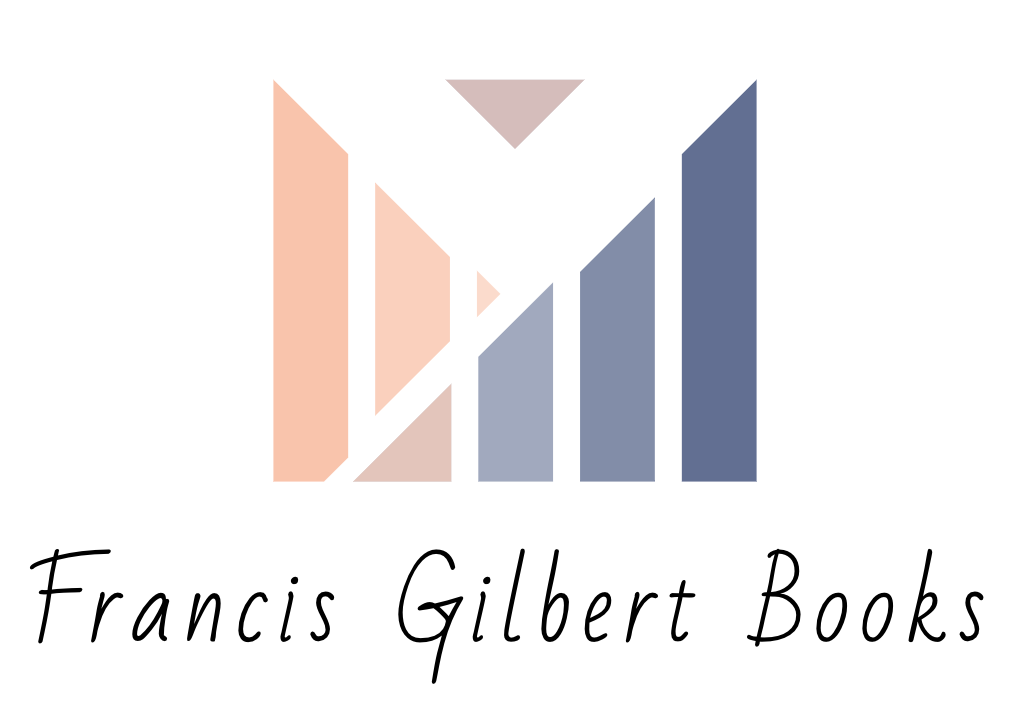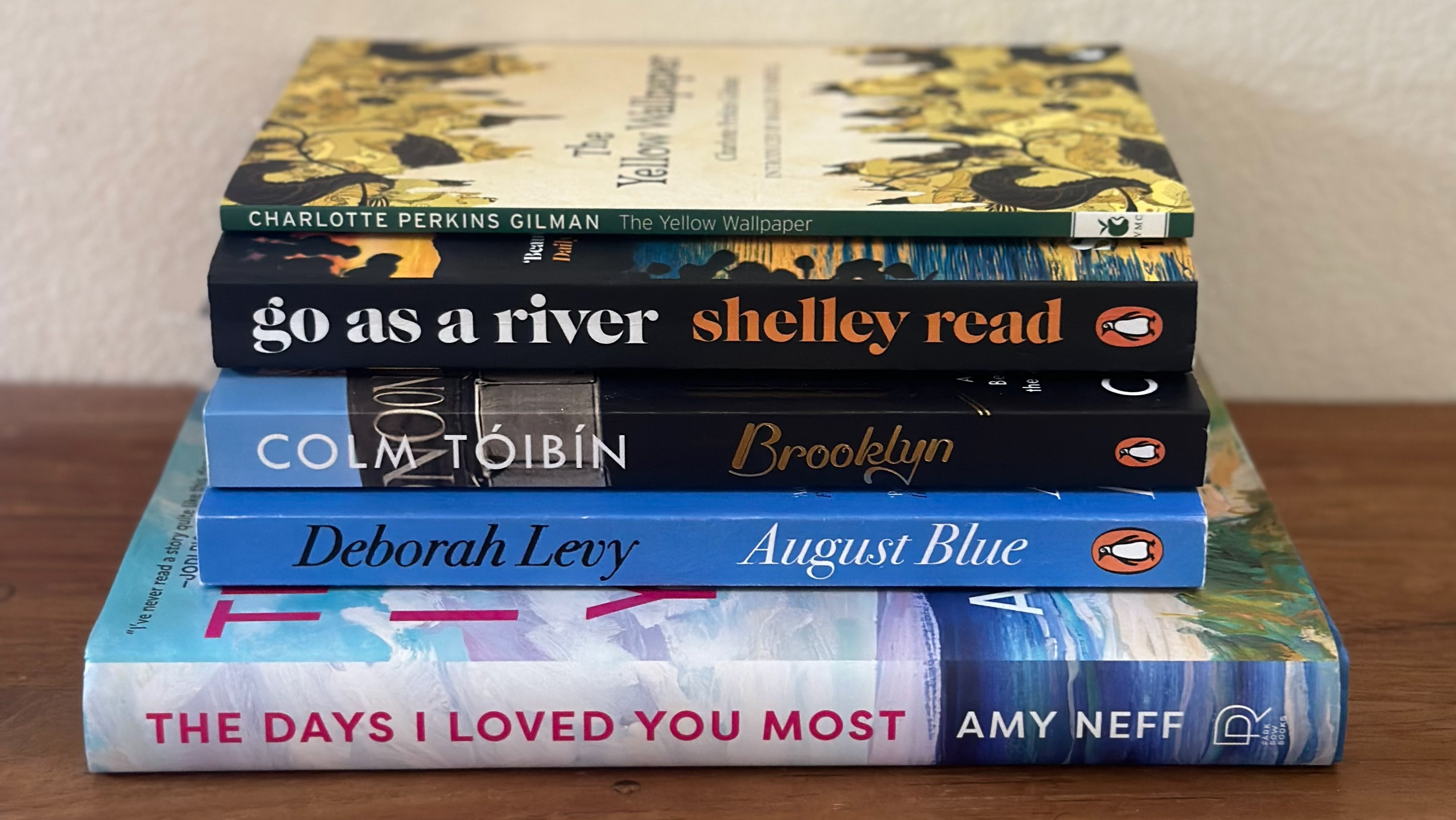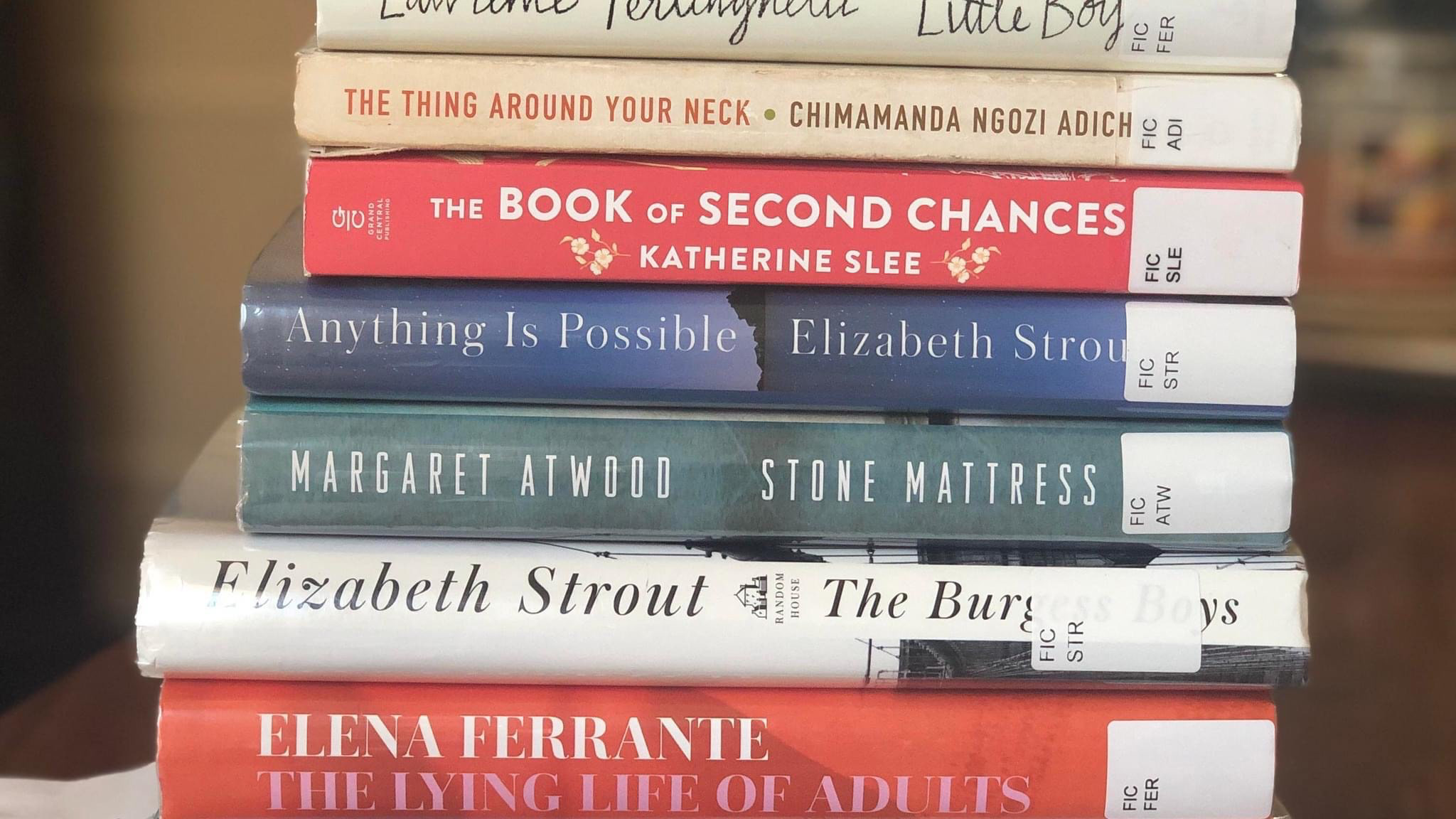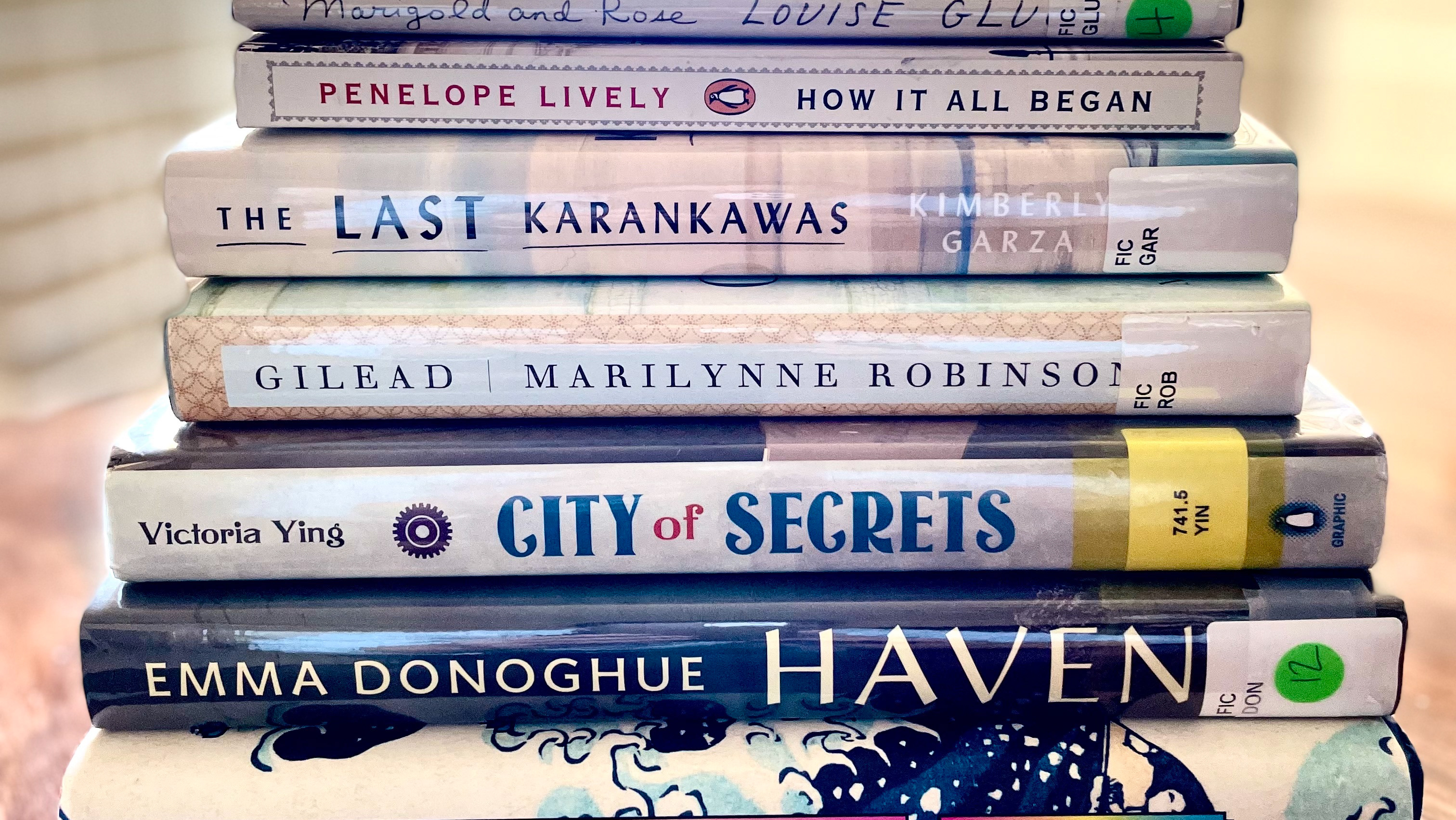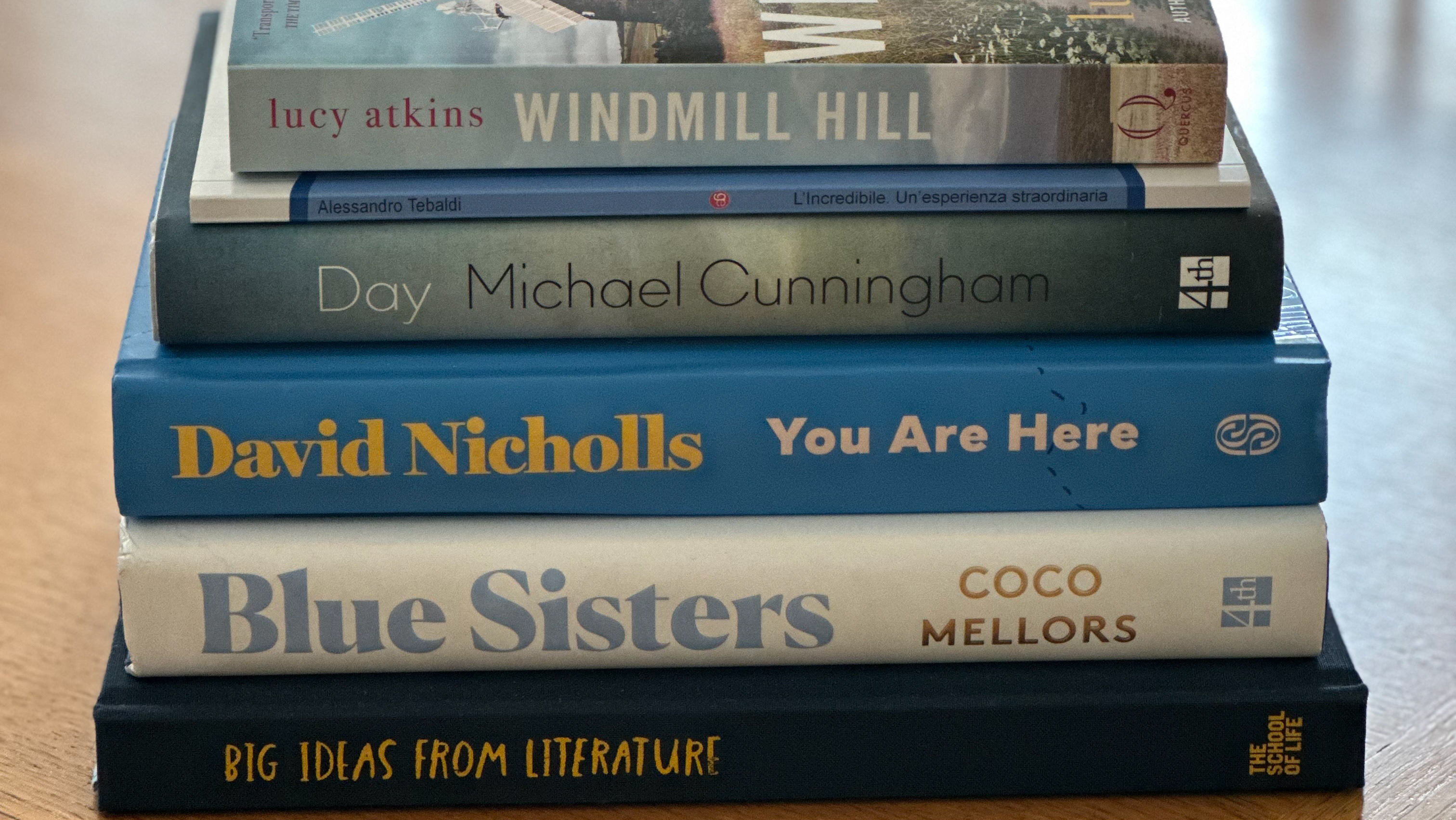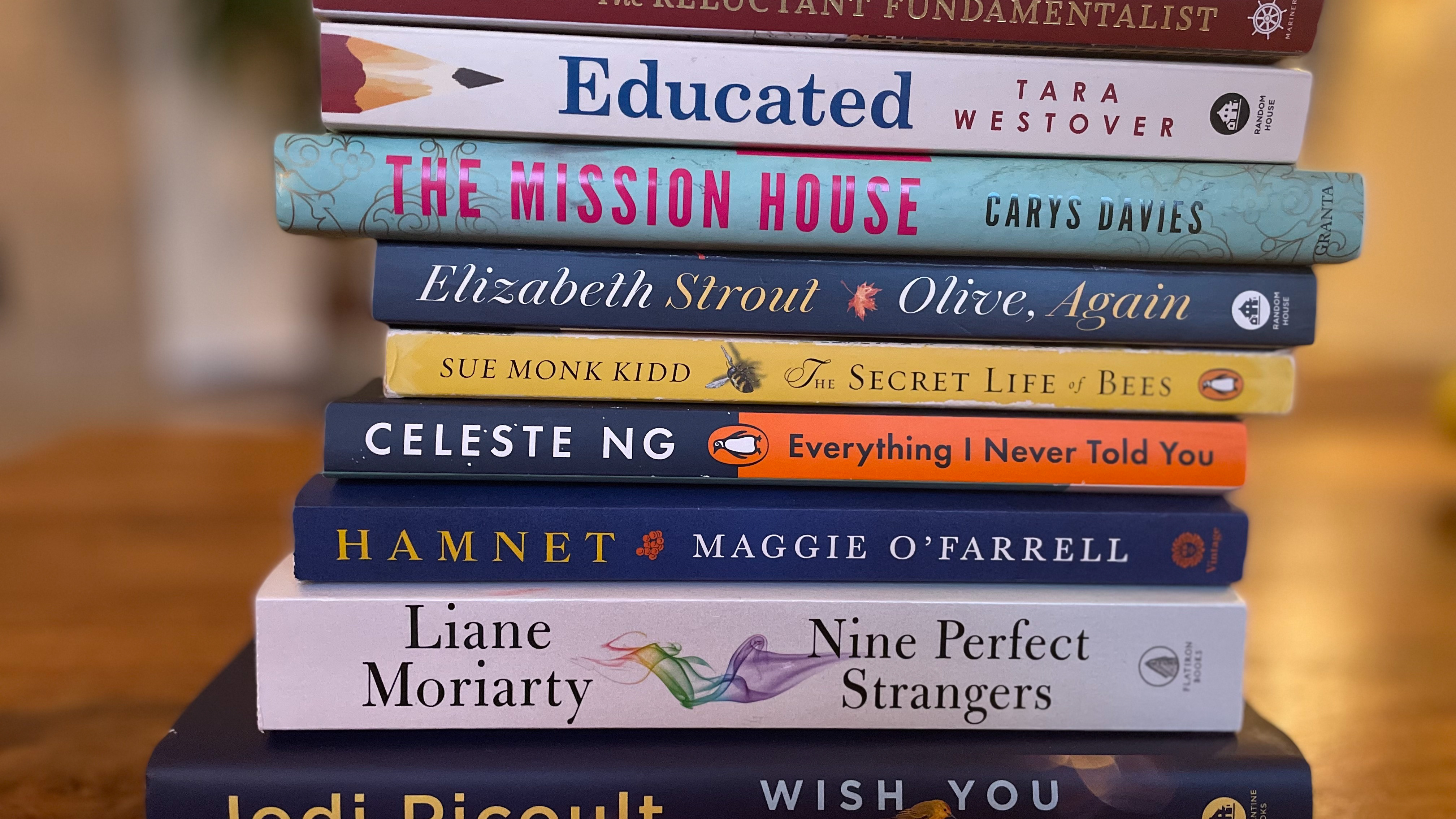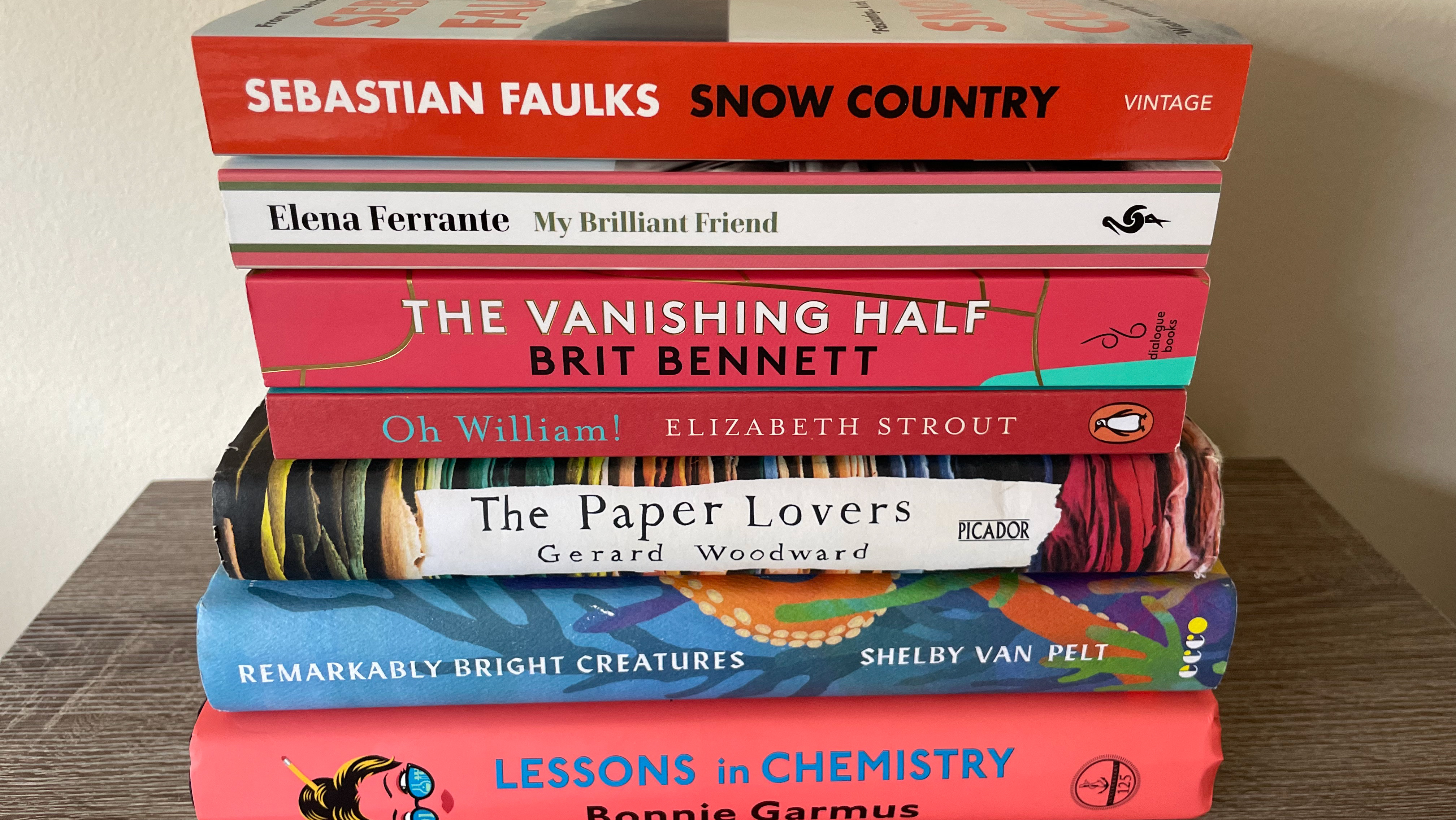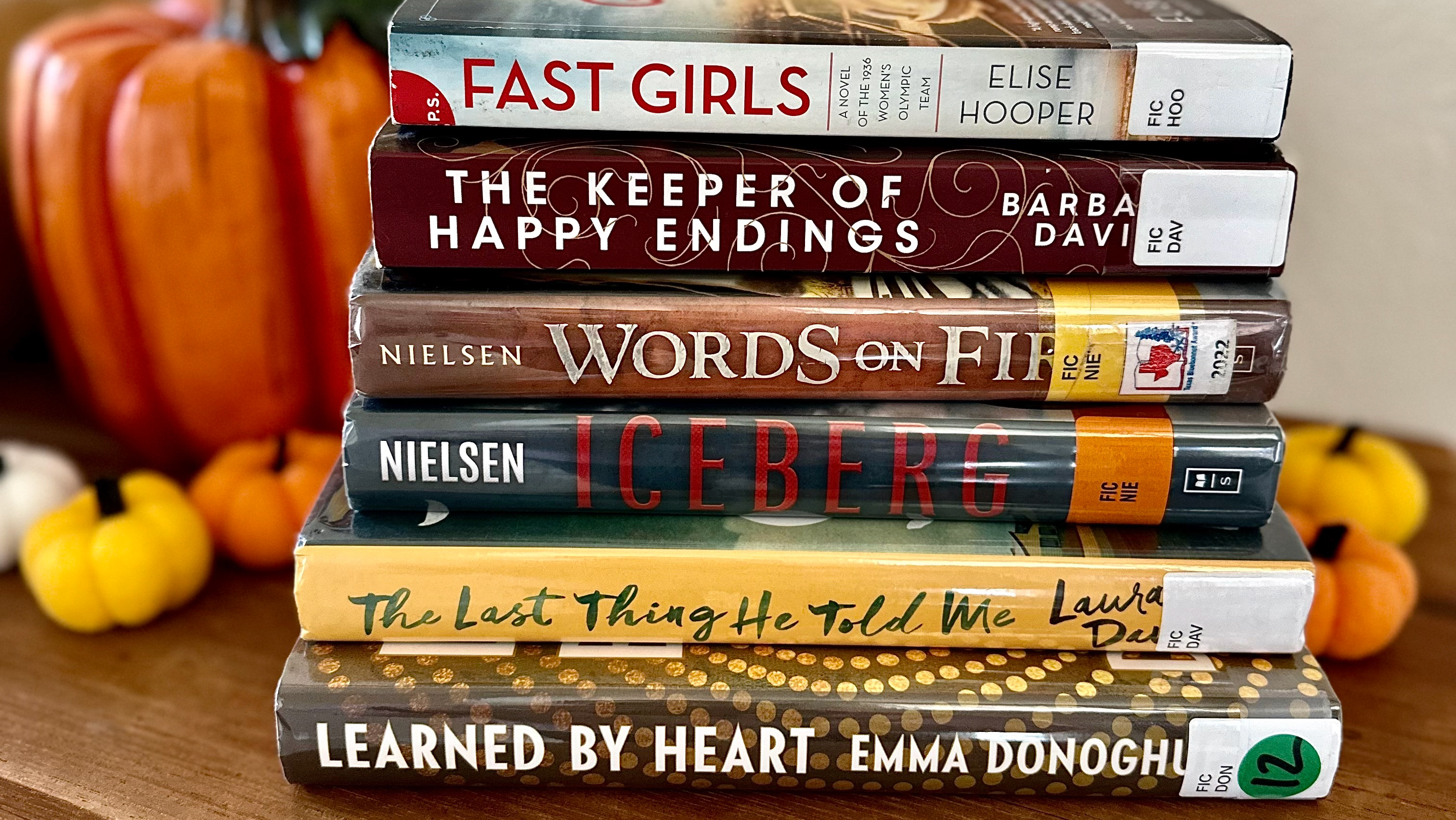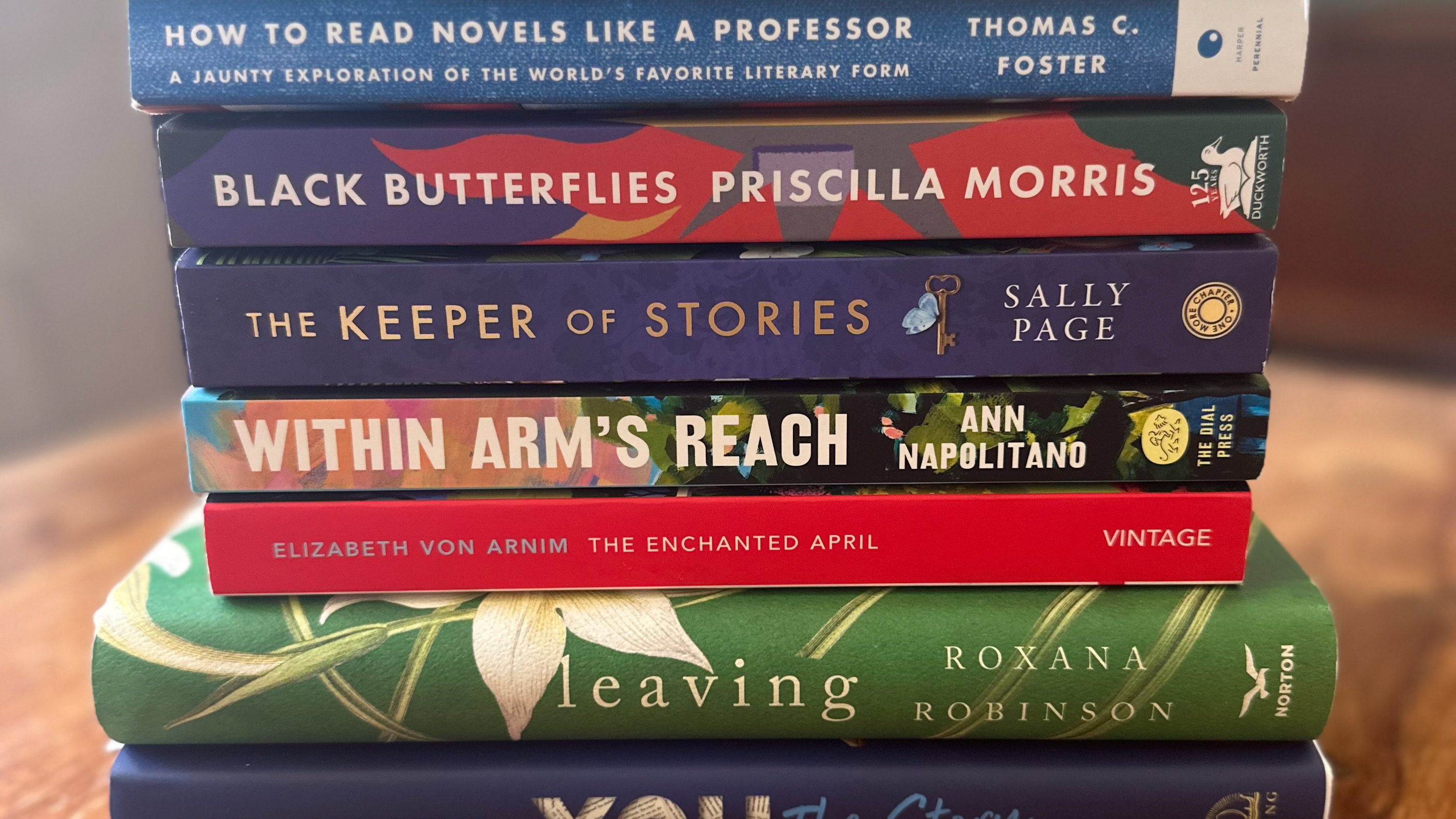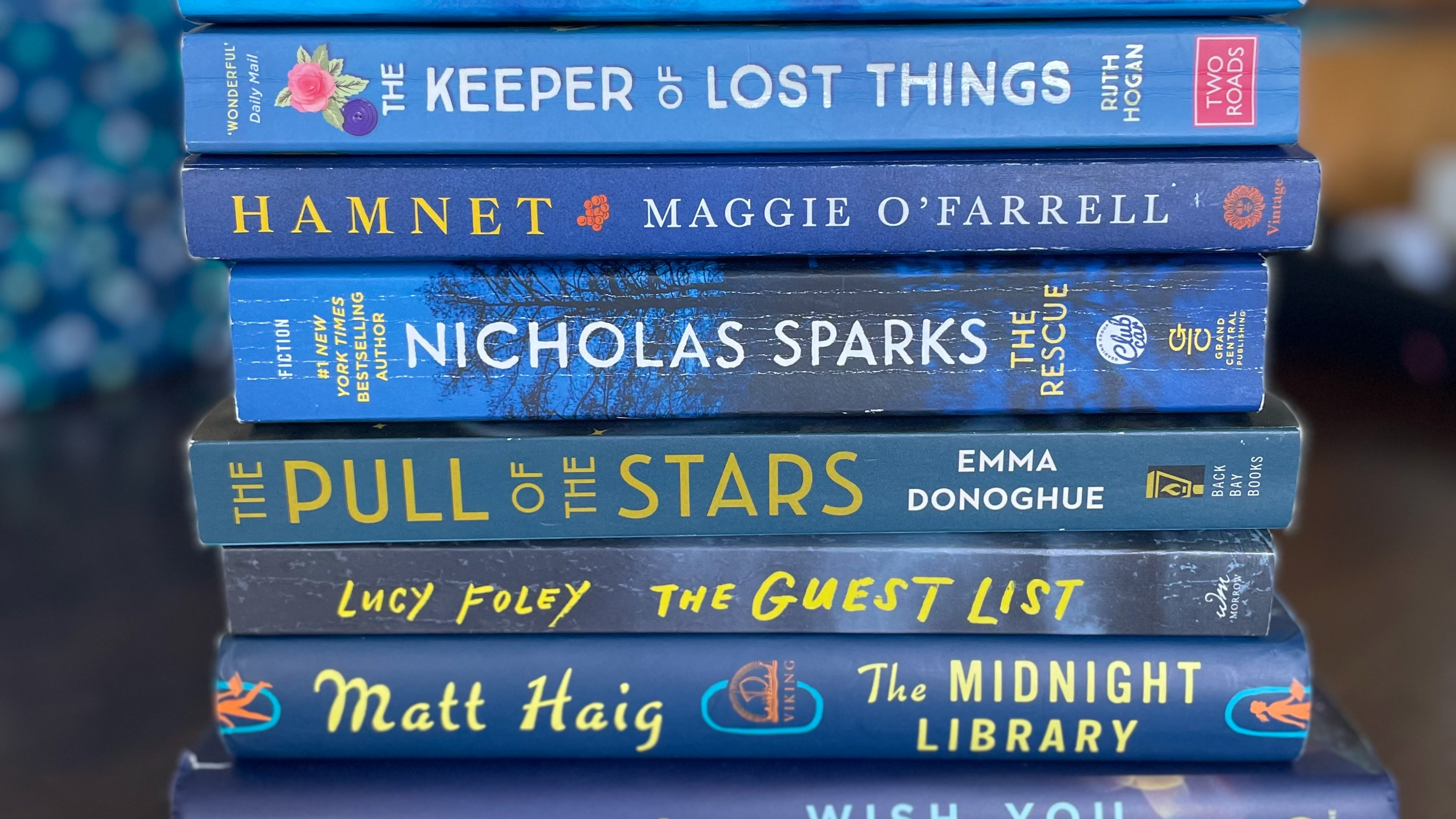Bluebird Bluebird by Attica Locke
I picked this novel up from @KatyBudgetBooks as it was recommended as Attica Locke is a Texan author, though living in California.
"Attica Locke is the author of Pleasantville, which won the 2016 Harper Lee Prize for Legal Fiction and was long-listed for the Baileys Women's Prize for Fiction; Black Water Rising, which was nominated for an Edgar Award; and Cutting Season, a national bestseller and winner of the Ernest J.Gaines Award for Literary Excellence. Bluebird, Bluebird won the 2018 Edgar Award for Best Novel."
This was a gripping mystery and I enjoyed reading a novel set in Texas, "...an exhilarating thriller suffused with the unique music, color, and nuance of East Texas,... a powerful novel about the collision of race and justice in America."
review by Christina Francis-Gilbert
The Sanatorium by Sarah Pearse
This was a quick, fun, if a little creepy read. A great debut novel with a lot going on! Gripping from the opening chapters, the snowy brightness of the novel's Swiss location twists readers into its characters' stories. It's set in 2020 so a contemporary feeling with fantastic descriptions of the newly renovated modern 5* hotel that was once a sanatorium for TB patients. I love architecture in novels and these details fascinated me in the earlier part of the book.
It is just like Stephen King's "...The Shining but with a full house." (People)
A great holiday read. My mother has bought Sarah Pearse's next novel The Retreat, which I'll get to after her later this year! If you love this sort of murder, mystery, horror, suspense and some engrossing visual European scenes, take a read of this one. It was on Reese's Book Club list a few years ago too.
Review by Christina Francis-Gilbert
Home Front by Kristin Hannah
Never read Kristin Hannah before now. Enjoyed this one. It was a Moms' Book Club choice.
Straightforward narrative drive with interesting characters who all make sense and have emotional motives for their actions and reactions. An historical element so a lot learnt about military family challenges and an insight into the specifics required for such important jobs.
Christina Francis-Gilbert
The Underground Railroad by Colson Whitehead
Winner of Pulitzer Prize
Incredibly sad. A novel with messages and social comment that will stay with me forever.
Thank you Colson Whitehead for having the courage and skill to put this horrific history and all its repercussions into literature.
review by Christina Francis-Gilbert
The Man Who Mistook His Wife for a Hat by Oliver Sacks
This is a tricky text to review. First published in 1985 its wording and discussion of certain psychological afflictions might sound dated. I read this book straight after finishing 'Bedside Stories' by Michael Foxton and found many of the case studies and sensitive presentation of 'Dr Oliver Sacks's patients [who] are often conspicuous' to have interesting circumstances.
I hadn't really known what I would find in this book though I have had interest in reading it since an ex-colleague used it in her IB teaching years ago.
At its time of publication it was reviewed as an 'instant classic' and thus this helps me conclude there is a lot to be analysed and debated in its content. I believe it has also been recommended for junior doctors' reading (not sure if that's still the case?) for its pyschiatric insights.
Calling the chapters the equivalent of 'Arabian Nights tales as Dr Sacks like[d] to describe them, providing a divertissement, an entertainment ...' seems derogatory and another perhaps politically controversial source said Oliver Sacks ' has a happy knack of turning his casebook into literature - ' The jury is out on that one...
review by Christina Francis-Gilbert
Bedside Stories: Confessions of a Junior Doctor by Michael Foxton
A most interesting, eyebrow-raising and in places sad collection of tales and experiences related to the author's journey through and out of junior doctorhood in the NHS.
There is a lot of wit, a lot of honesty and a great deal of graphic description. Medical institutions like hospitals and the professionals who work so hard there both fascinate and impress me. I could never do it myself and that's perhaps why I enjoy the insights like the ones shared in this book so much.
It is an older presentation of the NHS and its concern about its future, first published back in 2003. I've attached the opening dedication to the "glorious socialist republic of the NHS and Alan Milburn: Health Secretary who angrily denounced doctors as greedy when they rejected the new contract, forcing us into even longer hours and then resigned to spend more time with his family." History does repeat itself does it not ... I'm interested to update myself on the full scale of what NHS staff have experienced and are experiencing (and how they're persevering in spite of it all) as a consequence of all that has happened in recent years.
Incidentally, I also recommend one of the Radio Three podcast episodes on New Thinking: Writing the NHS.
This New Thinking conversation is a part of a series of 5 episodes of the Arts and Ideas podcast marking the 75th anniversary of the NHS focusing on new research in UK universities which explores links between the arts and health. It is made in partnership with the Arts and Humanities Research Council, part of UKRI. You can find out more on their website https://www.ukri.org/councils/ahrc
review by Christina Francis-Gilbert
The Dutch House by Ann Patchett
Buy your own copy from Bookshop.org and support independent bookstores
The narrator is Danny though my attention in reading the opening chapters was not on who was telling me the story, but on the mesmerising eyes and figure of the portrait painting on the front cover who we learn quickly is Danny's older sister and supportive ally Maeve. I heard her voice and influence in a lot of what Danny tells the reader, which we find is significant as we move through their childhood experiences with them.
The Dutch House is fascinating as a central force holding together the characters, repelling, scaring and tying them into its history. The house also acts as a backdrop to the trauma of losing their mother, their father and their home, forcing the siblings towards each other in an all-encompassing protective relationship.
My humble interpretation of the novel includes seeing the buildings as parallel to human bodies. Medical doctors' professions interchanged with the Maeve and Danny's father Cyril's job and the career in real-estate which Danny chooses to follow instead of his using his expensive medical training. There is a lot of discussion surrounding illness, disease, infection and lifelong conditions such as diabetes, which Maeve has. I also saw parallels between the absence of a mother from her children's lives, the loss of a home in the form of a house and the absence of a bodily organ, like a pancreas.
I love the character of May, who we meet later in the novel and I did suddenly become gripped by the novel and all that Ann Patchett offers us over half way into the novel.
Art and paintings, architecture and buildings, wealth and inheritance, family bonds and responsibility, medicine, doctors and hospitals, loss and absence, illness and nursing care for one another. There is so much I am failing to mention!
I am happy to have finally found Ann Patchett and cannot wait to read more of her novels.
review by Christina Francis-Gilbert
